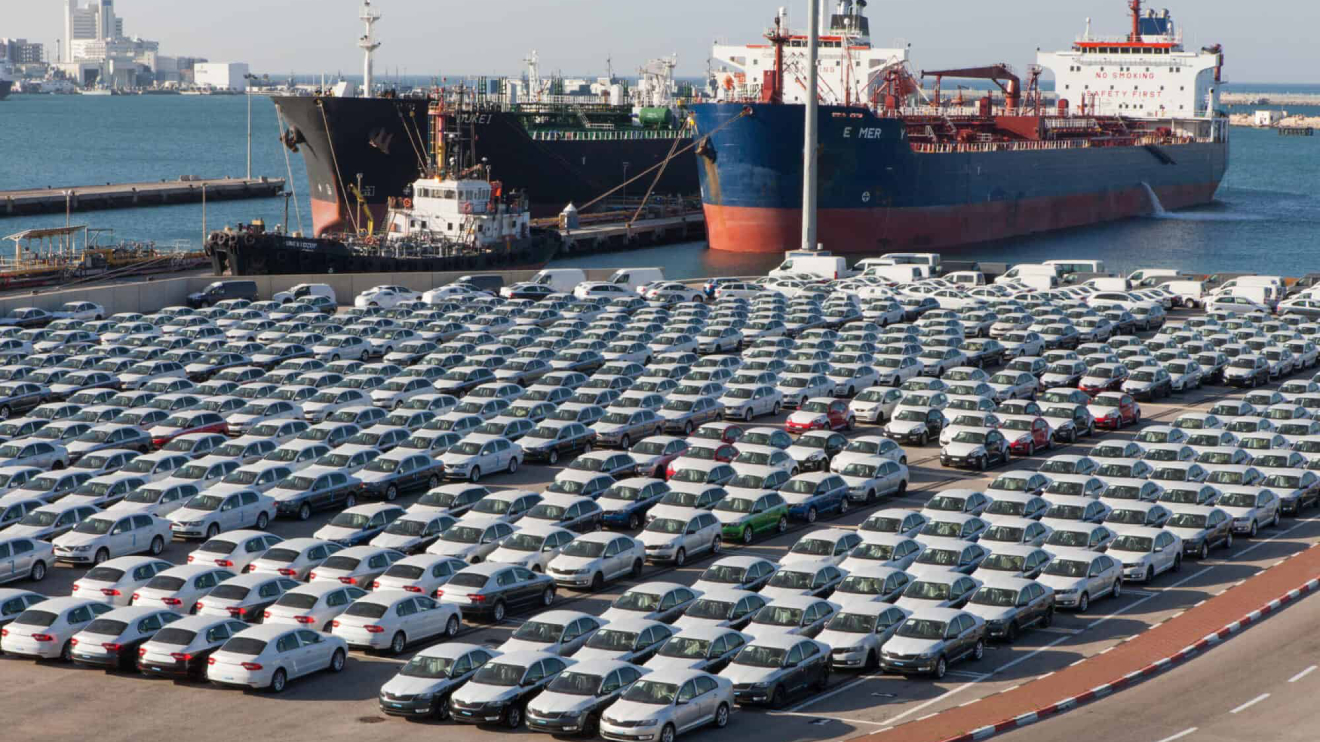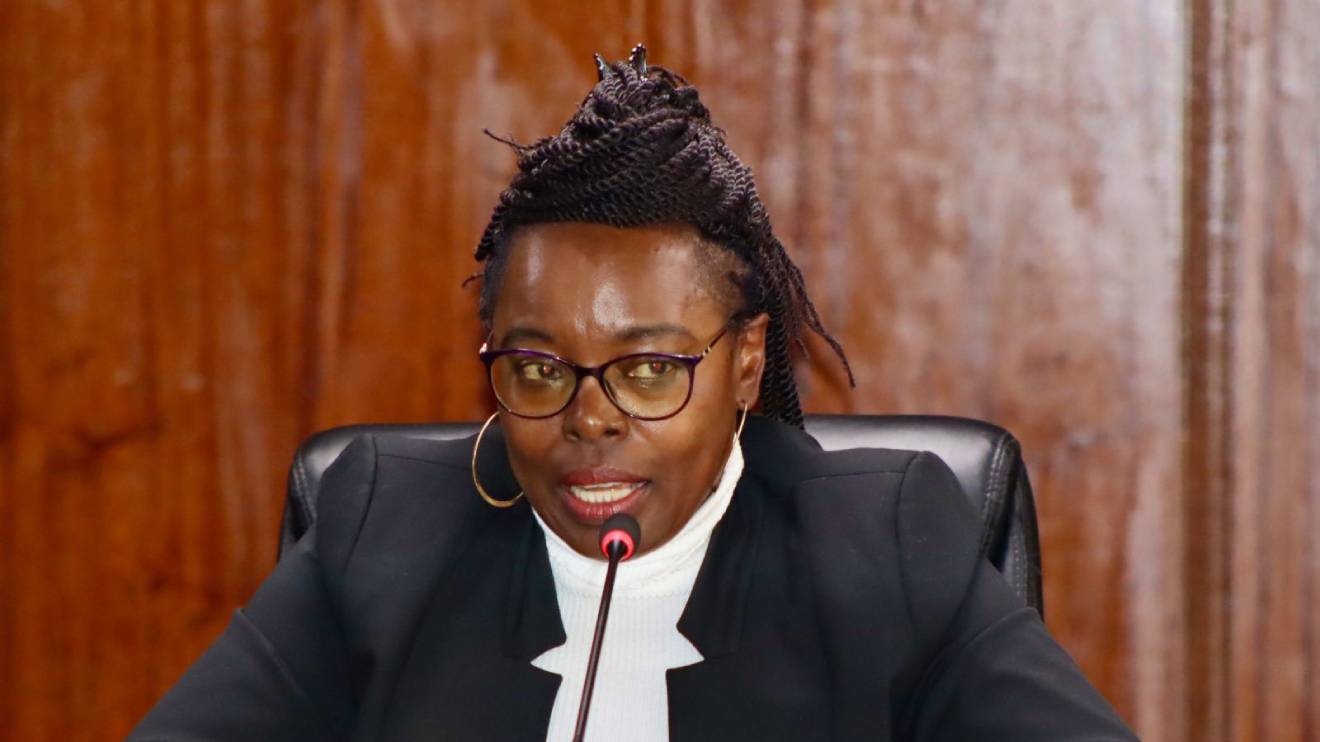Kenyan used car dealers are in a last minute rush to beat the December 31, 2024 deadline to import used vehicles.
The Kenya Bureau of Standards (KEBS) has outlined new strict guidelines that block any vehicle registered in 2017 or earlier from entering the country after the cut-off date.
KEBS says the move is aimed at enhancing road safety and raising the quality of vehicles on Kenyan roads.
Under these updated regulations, only right-hand-drive vehicles first registered on or after January 1, 2018, will be accepted.
This change aligns with the Kenya Standard Code of Practice for Inspection of Road Vehicles (KS 1515:2000), which enforces an eight-year age limit for imports.
Read More
Dealers now find themselves racing against time, with only a few weeks left to bring in any 2017 models they want to avoid being turned away at the port of Mombasa.
The Car Importers Association of Kenya (CIAK), the industry's leading voice, has spoken out against the move.
Peter Otieno, the association's chairman, pointed out that the new policy was introduced without the stakeholder consultations that are customary before significant regulatory changes.
“Importers are rushing to beat the eight-year rule, which has traditionally driven up numbers as the year closes. But the recent announcement by KEBS will directly affect business, as many vehicles will be locked out,” Otieno said.
Compounding the pressure are logistical setbacks. The industry is already grappling with extended shipping times due to disruptions in major sea routes, exacerbated by attacks from Houthi militants in the Red Sea.
“There are a number of logistical challenges at the moment, including the delays caused by Houthi militants (in the Red Sea) which have disrupted the shipping routes, and thus increasing the number of days the vessels are docked in Mombasa. We expect this to delay delivery of vehicles resulting in losses,” Otieno added.
This has left importers worried that shipments scheduled for late December might not clear the port in time to meet the deadline.
Adding to the tension, only one vessel carrying second-hand vehicles is expected to dock in Mombasa this month. Others are due to arrive at the end of December or in January, leaving many dealers scrambling to secure what they can before the rules come into force.
KEBS, however, maintains that the updated policy is a critical step to eliminate older, potentially unsafe vehicles from the market.
The agency’s aim is clear: to enhance road safety by curbing the influx of high-risk, ageing cars.
The new regulations also require imported vehicles from approved inspection countries, such as Japan, the UK, and South Africa, to provide a Certificate of Roadworthiness (CoR) verified by a KEBS-approved inspection service.
For 2017-registered vehicles, this certificate will only be valid until December 31, 2024.
“Any vehicle that arrives in Kenya after that date with a 2017 registration will not be accepted, and the importer will bear the costs of rejection,” KEBS warned.
With this deadline fast approaching, car dealers are in a last-minute rush to navigate a series of logistical challenges and potential financial pitfalls.
The industry is hoping for a reprieve, with CIAK calling for government intervention to allow vehicles cleared by KEBS to be accepted beyond the December 31 date. Otieno has indicated that if such a solution is not reached, the association may resort to legal action.
As the industry counts down, the question remains: will Kenyan car dealers make it through this tightening import barrier, or will they be left with stock stranded at sea and mounting losses?







